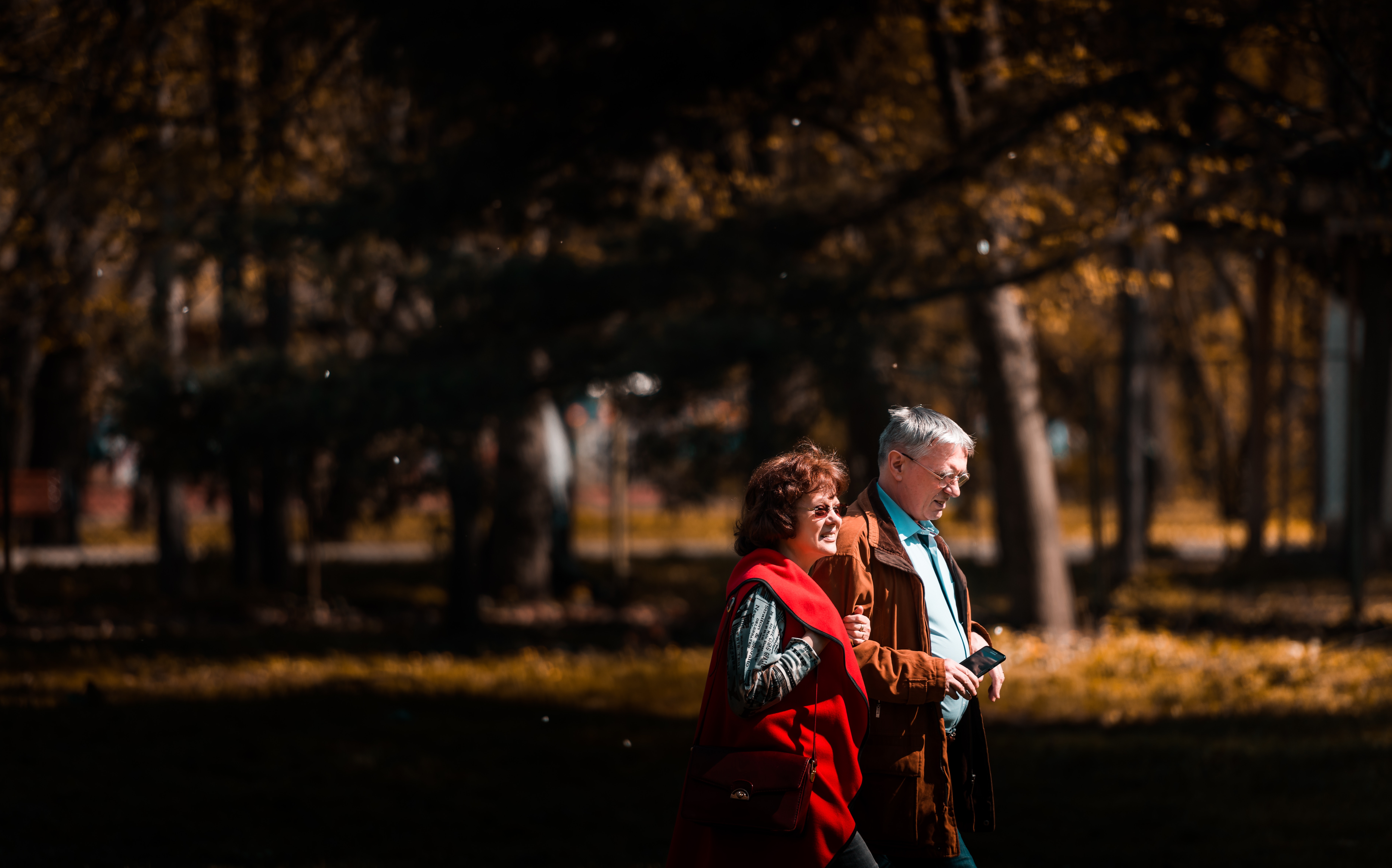Ageism interacts with other forms of discrimination in the context of care of older persons

The United Nations Programme on ageing is coming back on the discussions held at the recent U.N. expert group meeting on “Care and Older Persons: links to decent work, migration and gender” that touched upon the impact of ageism on the experience of workers providing care to older people.
Experts addressed how care work is undervalued generally, and particularly when it concerns older persons, both because such work is typically considered “women’s work” and because of the additional effects of ageism. Moreover, paid care work is increasingly undertaken by female migrant workers, who further experience discrimination on the basis of their migrant status.
Discrimination and gaps in decent work experienced by paid care providers not only harm workers but also impact the quality of care that older persons receive. Ensuring quality care for all older persons is central to the achievement of Sustainable Development Goal (SDG) 3, to “ensure healthy lives and promote well-being for all at all ages.” At the same time, SDG 8 envisions decent work for all and SDG 5 calls for recognizing and valuing women’s unpaid care and domestic work. Taken together, these objectives recognize that quality long-term care services and decent care jobs benefit older persons, women’s empowerment, employment growth and other development aims.
Long-term (as well as palliative) care also comprised one of the focus areas of the 9th session of the U.N. General Assembly’s Open-ended Working Group on Ageing, held in July 2018. The meeting addressed multiple challenges to ensuring long-term care for all older persons, including service availability, quality and coordination, and respect for older persons’ choice of and control over services. The European Union’s Pillar of Social Rights has as a principle the right to affordable and quality long-term care services, and the Inter-American Convention on Protecting the Human Rights of Older Persons refers specifically to long-term care. However, the Chair of the Open-ended Working Group on Ageing, in his summary of the 9th session, stated:
“It was stressed that there was a great need to include the right to long-term and palliative care in a legally binding universal instrument, setting forth clearly the obligation of States to respect and protect that right in their policies and to guarantee the justiciability of the human rights of older persons.”
For more information about how these issues are debated and address at the United Nations Secretariat, please see:
https://www.un.org/development/desa/ageing/meetings-and-workshops-2/egm-care-and-older-persons.html;
https://social.un.org/ageing-working-group/ninthsession.shtml
—
The U.N. Programme on ageing is situated in the U.N.’s Department of Economic and Social Affairs, and its primary focus is on facilitating and promoting the Madrid International Plan of Action on Ageing. For more information, please visit: https://www.un.org/development/desa/ageing/


Facebook Comments